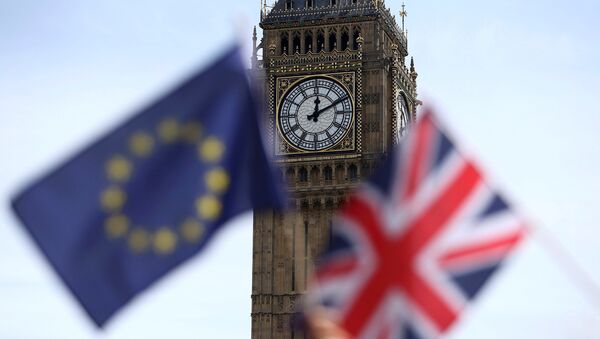According to the provisions of the 50th article of the Lisbon Treaty, Britain will have to leave the Union on March 29, 2019, exactly two years after the official start of the withdrawal process.
Despite concerns that other EU countries may follow the suit, Babynina believes that such a scenario is unlikely.
"I doubt that. First, the EU will do its best to prevent this, and secondly, in none of the EU countries are ruling parties saying anything about a referendum on EU membership. Such statements are done only by completely marginalized parties, or the ones that are close to [being marginal]," Babynina said.
According to the expert, both sides — the EU and Britain — are now facing a period of uncertainty.
"Since the rules will now be worked out from scratch, Britain and the EU will agree on their bilateral relations and the conditions for Britain's access to the EU market. Of course, this is a period of uncertainty. The question is to what extent the parties will demonstrate the political will to meet each other's demands," the expert concluded.
Britons that still approve the Brexit vote result stand at 44 percent, just slightly above the 43 percent of respondents who regret the decision to leave the European Union, a YouGov poll indicated.




